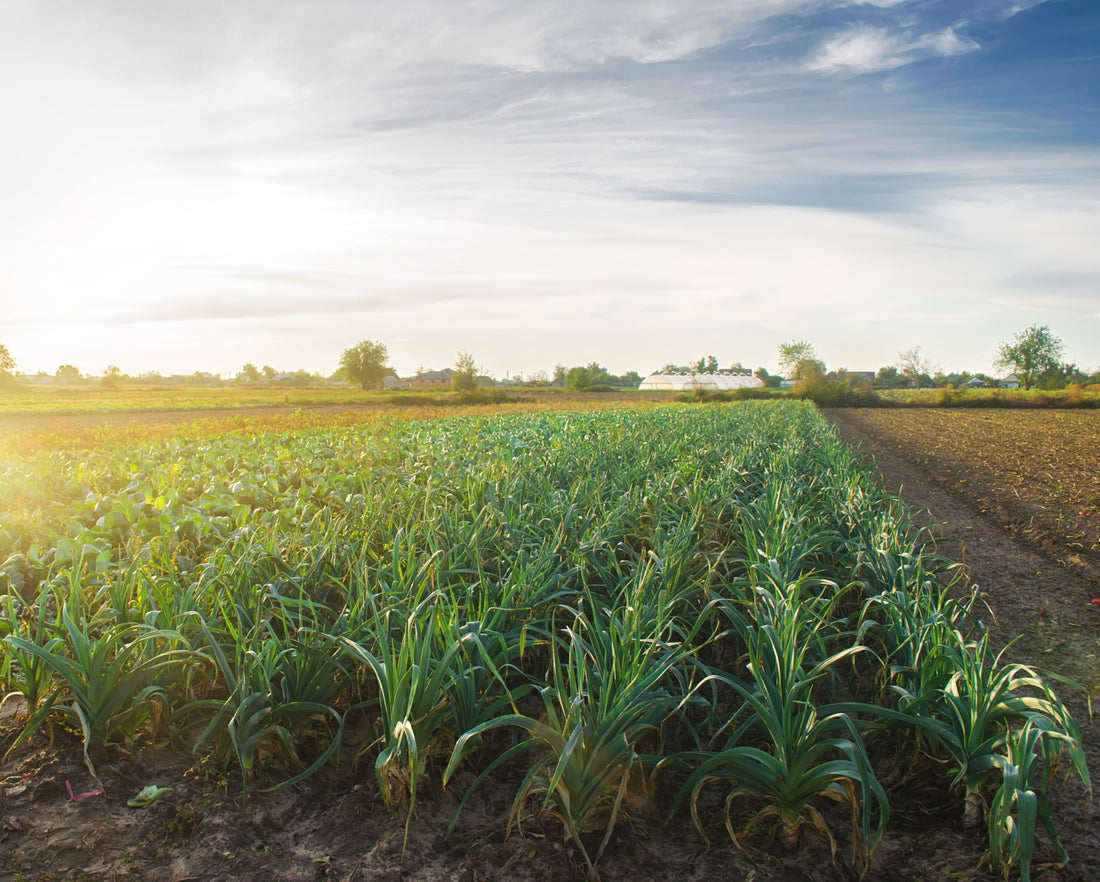As the demand for food production grows, farmland now dominates much of the world’s surface, shaping both our environment and the biodiversity within it. Yet, amidst these fields lies an opportunity: to turn agricultural landscapes into havens for pollinators, particularly bees. By rethinking how we cultivate crops, we can achieve a balance between food production and biodiversity, ensuring a sustainable future for all.
The Role of Farming in Supporting Pollinators
Pollinators like bees are critical to agriculture, yet their numbers are declining due to habitat loss, pesticide use, and changing climates. This poses a significant challenge, not just for biodiversity but for food security itself. However, research reveals an innovative solution: breeding crops that are more beneficial to pollinators.
By integrating pollinator-friendly practices into farming, businesses in agriculture and related industries can meet environmental, social, and governance goals while contributing to global sustainability efforts.
Crops That Help Bees Thrive
Take red clover, a common crop used in livestock feed. Some varieties of red clover have been found to attract 50 times more pollinators than others, thanks to their high density of flowers. These flower-rich varieties not only support bees but also deliver the same agricultural value as their counterparts.
Similarly, oilseed rape, the UK’s third-largest arable crop, highlights an opportunity to rethink farming for pollinators. Research shows that 69% of its nectar goes unused by bees, primarily because the crop blooms in spring when pollinator activity is relatively low. By incorporating more summer-blooming crops like red clover, farmers can provide critical resources during a time when food for bees is often scarce.
Why It Matters for Businesses
Enhancing crop varieties for pollinators doesn’t reduce food production—it’s a win-win strategy for biodiversity and agriculture. Informing farmers and agricultural businesses about pollinator-friendly practices can have far-reaching impacts, benefiting ecosystems and aligning with sustainability initiatives.
For businesses, integrating these practices demonstrates a commitment to environmental stewardship, strengthens ESG credentials, and fosters resilience in supply chains. It’s also an opportunity to engage stakeholders by showcasing leadership in sustainability.
A Call to Action for Corporate Partners
At Bee Conservation, we’re committed to driving awareness and action around pollinators.. Whether through our branded beehives, biome analysis, or staff engagement programs, we help businesses make meaningful contributions to biodiversity.
To learn how your company can support pollinators and create a positive environmental impact get in contact with us today.

